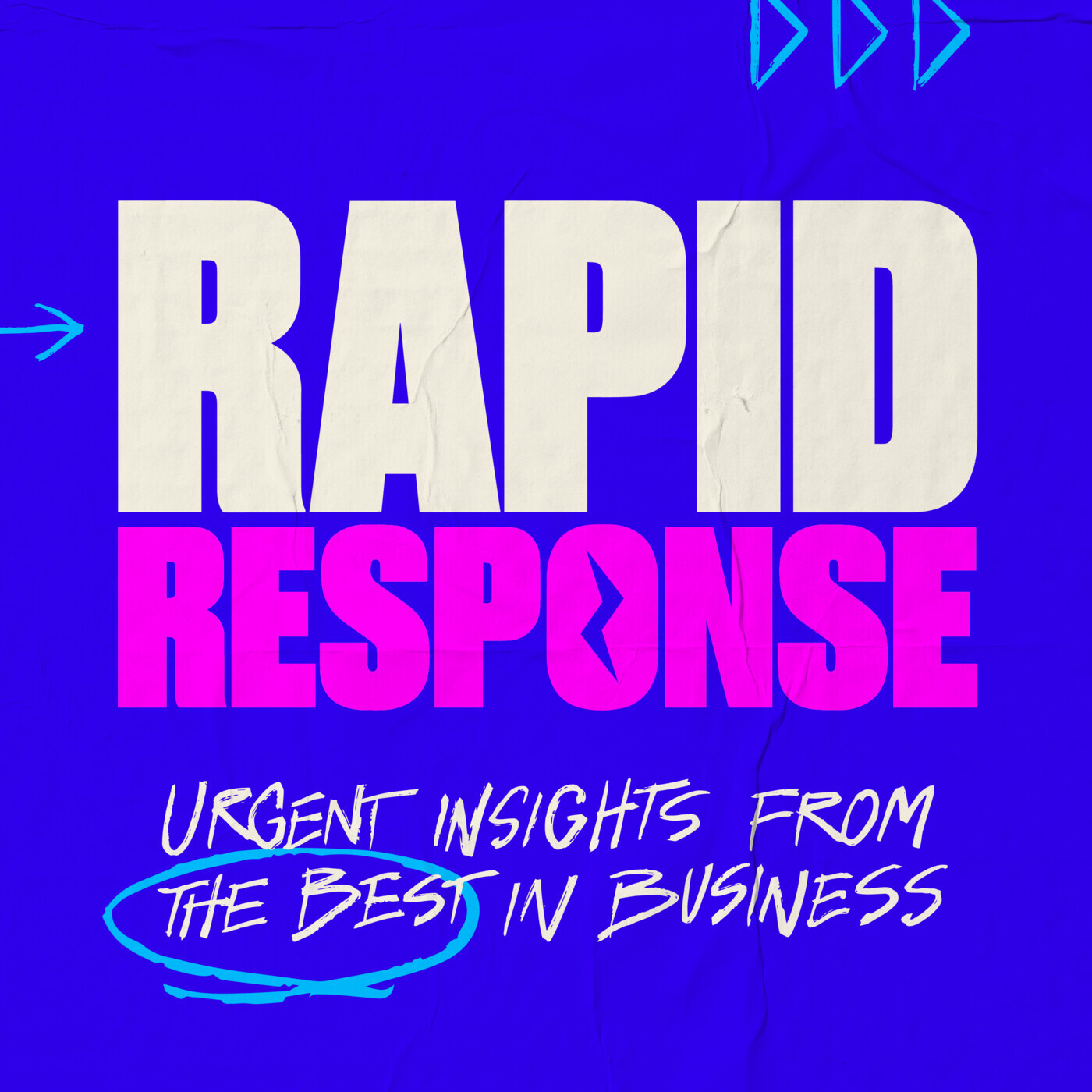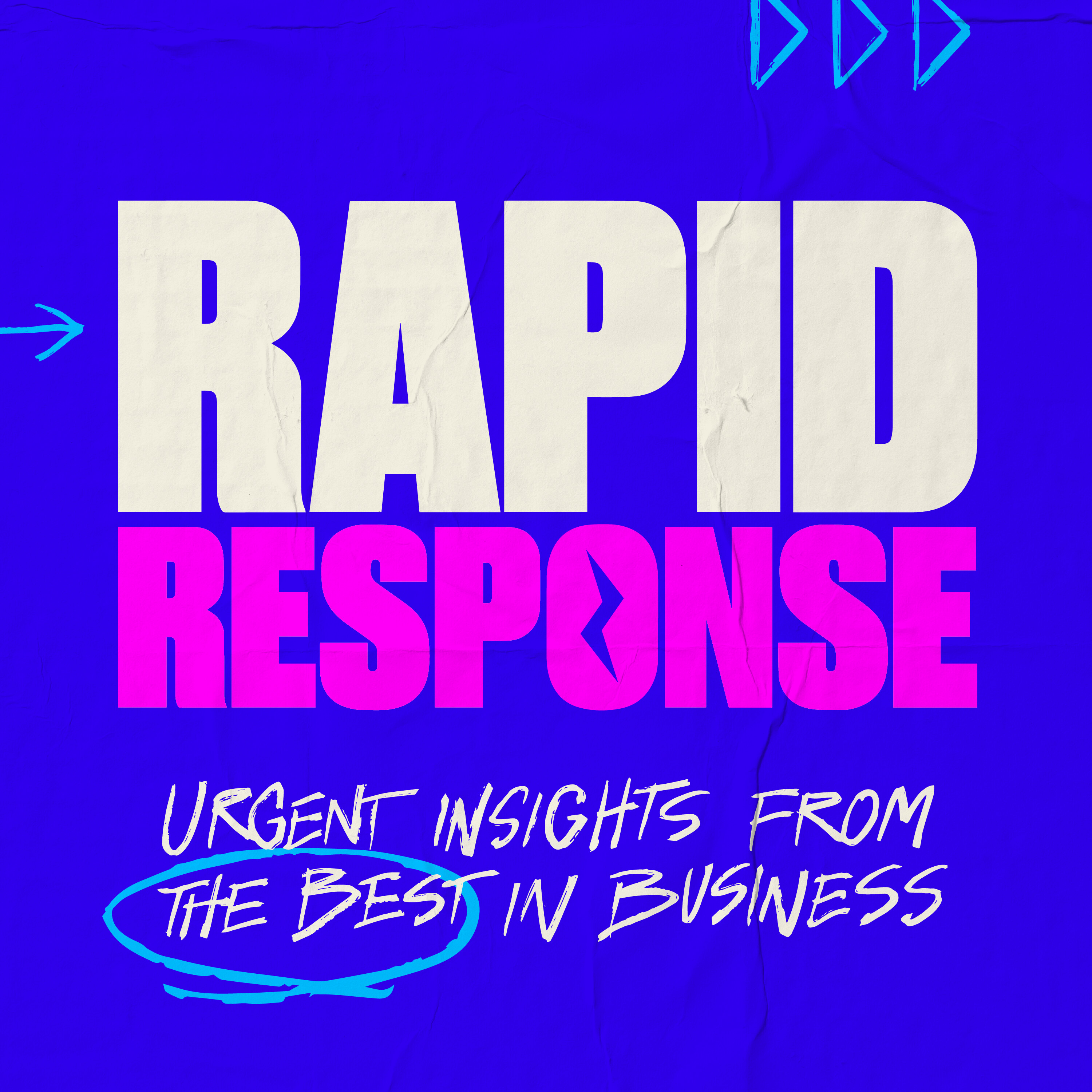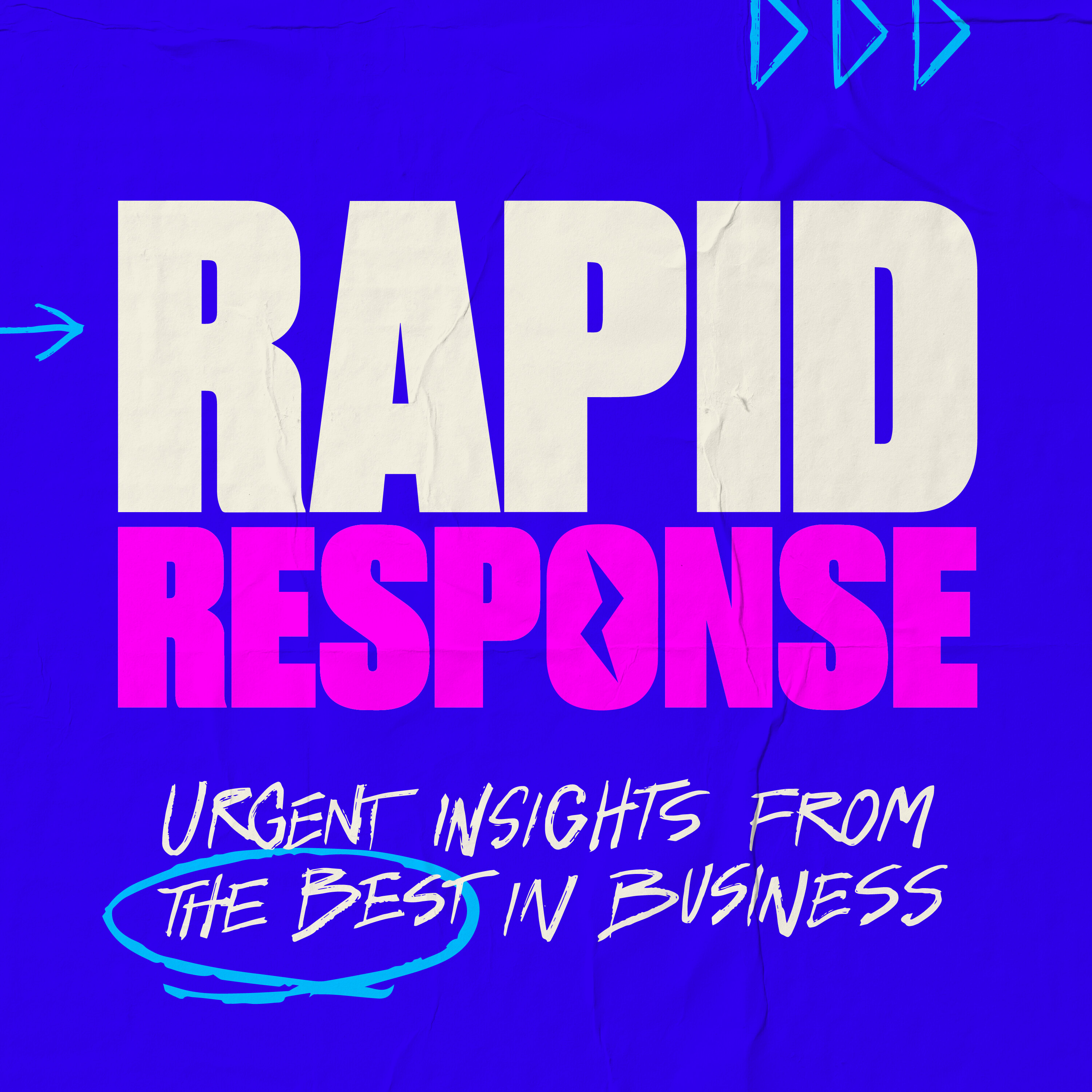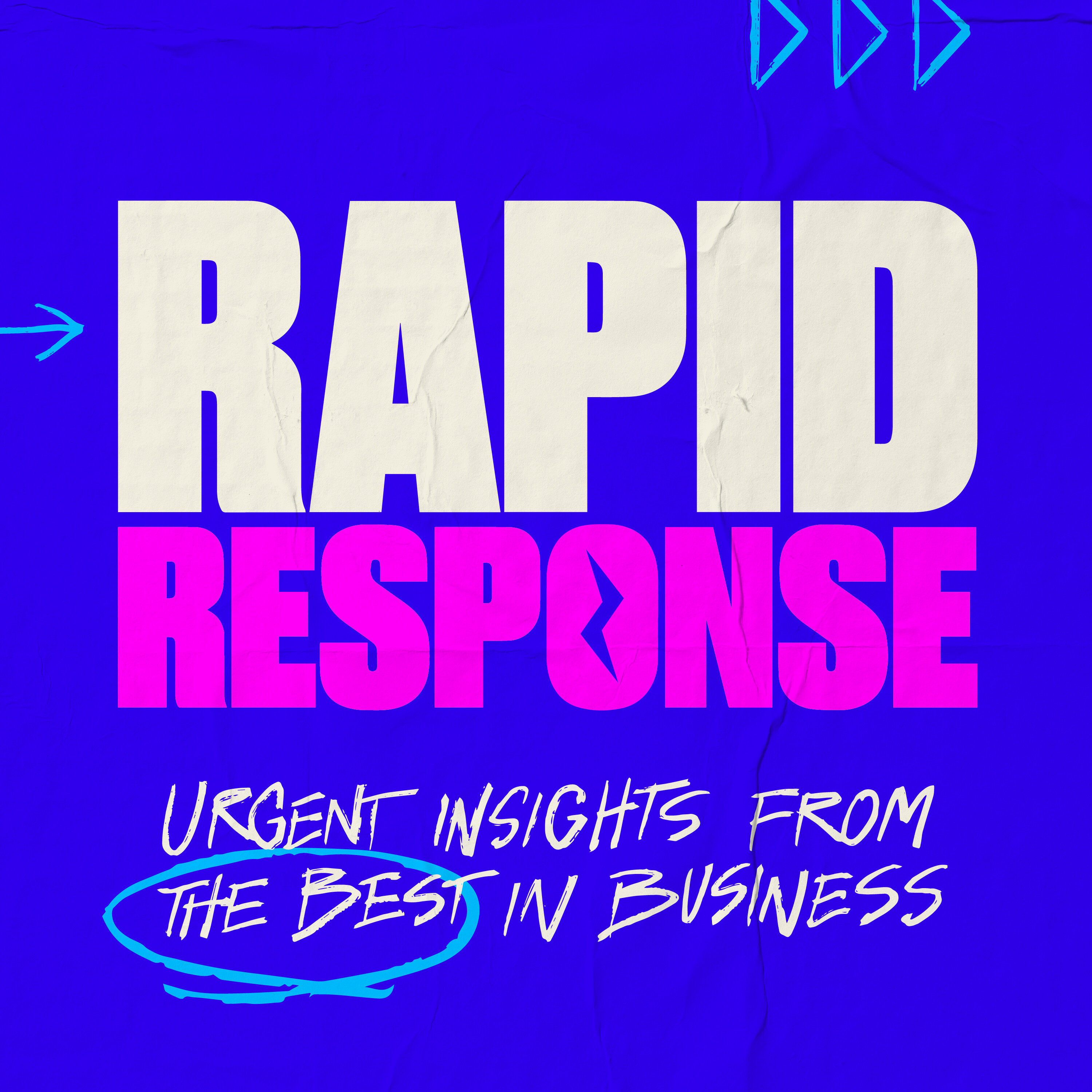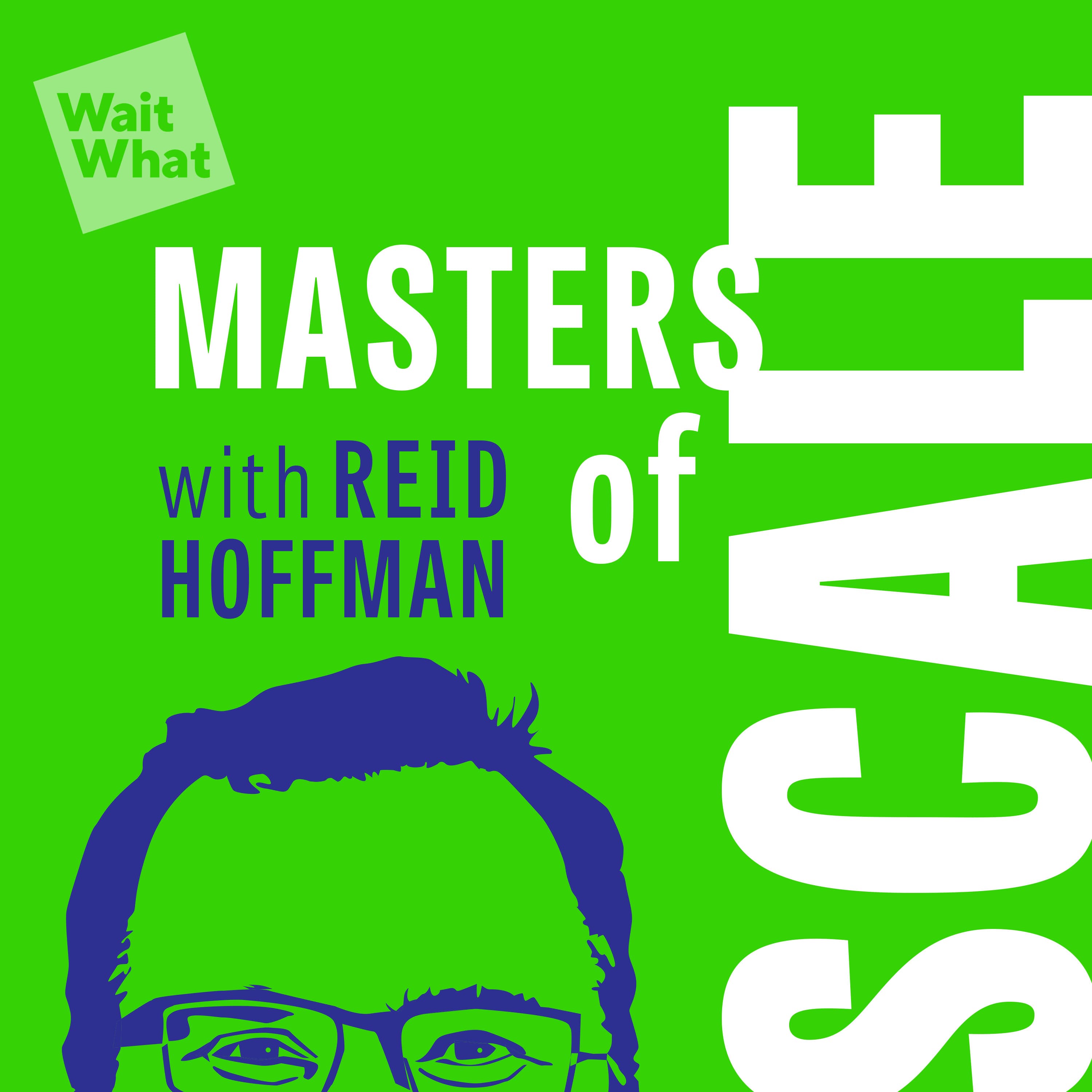
December 5, 2024 • 34min
How The Flex Company founder Lauren Wang disrupted menstrual care
Masters of Scale

Key Takeaways
- Innovation in a stagnant industry - Lauren Wang identified that menstrual products had seen virtually no meaningful innovation in nearly 100 years
- Solving a personal problem - Lauren's own health issues with tampons drove her to research and develop an entirely new product category
- Doing things that don't scale - In the early days, Lauren and her team hand-packed and shipped products from multiple European cities to demonstrate demand
- Overcoming self-doubt - Despite encouragement from successful entrepreneurs, Lauren initially didn't believe she could be CEO
- Breaking taboos through authentic marketing - The company found success by having Lauren tell her own story rather than fear-mongering about competitors
- Retail challenges - Moving from D2C to retail required managing complex cash flows and meeting demanding retailer requirements
- Market education - With only 3% awareness of menstrual discs in the US, customer education remains a key challenge and opportunity
Introduction
Lauren Wang founded The Flex Company in 2015 after experiencing recurring infections from tampons. She developed an innovative menstrual disc product and has since scaled the company to over 30,000 retail stores. The episode explores her journey from identifying the opportunity through overcoming numerous obstacles to achieve significant scale in a traditionally stagnant industry.
Topics Discussed
Origins and Personal Motivation (00:02)
Lauren's journey began with her own health struggles with traditional menstrual products. After experiencing infections from tampons for 15 years, a nurse practitioner finally identified tampons as the cause.
- Personal research revealed virtually no innovation in menstrual products for nearly a century
- Initial resistance to becoming CEO despite identifying the market opportunity
- Motivation driven by moral imperative to help others rather than pure business opportunity
- "I felt deeply pulled from a moral imperative that I need to do this to serve others" - Lauren Wang
Product Innovation and Development (12:02)
The Flex disc represents a significant innovation in menstrual care, offering unique benefits compared to traditional products.
- Key product features:
- Sits around cervix rather than in vaginal canal
- 12-hour wear time
- Holds equivalent of 5 super tampons
- Self-empties during bathroom visits
- Product differentiation from both tampons and menstrual cups
- Both disposable and reusable versions available to meet different consumer needs
Early Funding and Y Combinator (18:56)
Lauren took significant personal financial risks and leveraged Y Combinator to get initial funding.
- Personal investment:
- Cashed out 401k despite warnings
- Put apartment on Airbnb illegally
- Y Combinator impact:
- Sam Altman's endorsement provided crucial validation
- Demo Day generated significant investor interest
- Immediate funding offer from prominent investor Steve Cohen
- "I don't know a lot about periods, but it seems like a really big space and it seems like there's not been any innovation" - Sam Altman
Early Growth Challenges (24:02)
The company faced several significant challenges in its early growth phase.
- Marketing challenges:
- Difficulty hiring experienced digital marketers
- Establishing repeatable, scalable marketing engine
- Distribution challenges:
- Customer demand for immediate retail availability
- Breaking into traditional retail channels
- Managing complex retail payment terms
- Manufacturing issues including equipment failures affecting production capacity
Retail Expansion and Cash Flow Management (26:10)
Moving into retail created new operational and financial challenges for the company.
- Cash flow complexities:
- 90-day payment terms from retailers
- Managing manufacturer payment requirements
- Difficulty securing traditional financing
- Retail challenges:
- Competing with established brands for shelf space
- Meeting large initial order requirements
- Managing production capacity
- Creative financing solutions through non-traditional lenders
Marketing Strategy and Brand Voice (28:52)
The company developed a distinctive marketing approach focused on education and empowerment rather than fear.
- Brand principles:
- Avoid fear-mongering about competitors
- Focus on product benefits
- Create welcoming, educational space
- Marketing evolution:
- Founder-led authentic storytelling
- Scientific approach to creative development
- Balance between performance and brand building
- "It was really important for me to create a brand that was not fear mongering to women" - Lauren Wang
Current Success and Future Growth (30:57)
The company is experiencing its best year ever with strong revenue and profitability growth.
- Growth drivers:
- Improved ad creative featuring founder
- Increased awareness of tampon safety issues
- Growing consumer demand for alternatives
- Future opportunities:
- New product development
- Deeper retail partnerships
- International expansion
- Growing beyond 3% market awareness
- "51% of the world's population could use our products, yet they don't know about us or can't get them" - Lauren Wang
Conclusion
Lauren Wang's journey with The Flex Company demonstrates how personal experience combined with persistent innovation can disrupt even the most established industries. Despite numerous challenges including self-doubt, funding constraints, and retail complexities, she has built a rapidly growing company that is transforming the menstrual care industry. The company's success stems from its authentic marketing approach, focus on product innovation, and strategic expansion from direct-to-consumer to major retail presence. With only 3% market awareness currently, Flex has significant growth potential both domestically and internationally as it continues to educate consumers about its innovative products.
